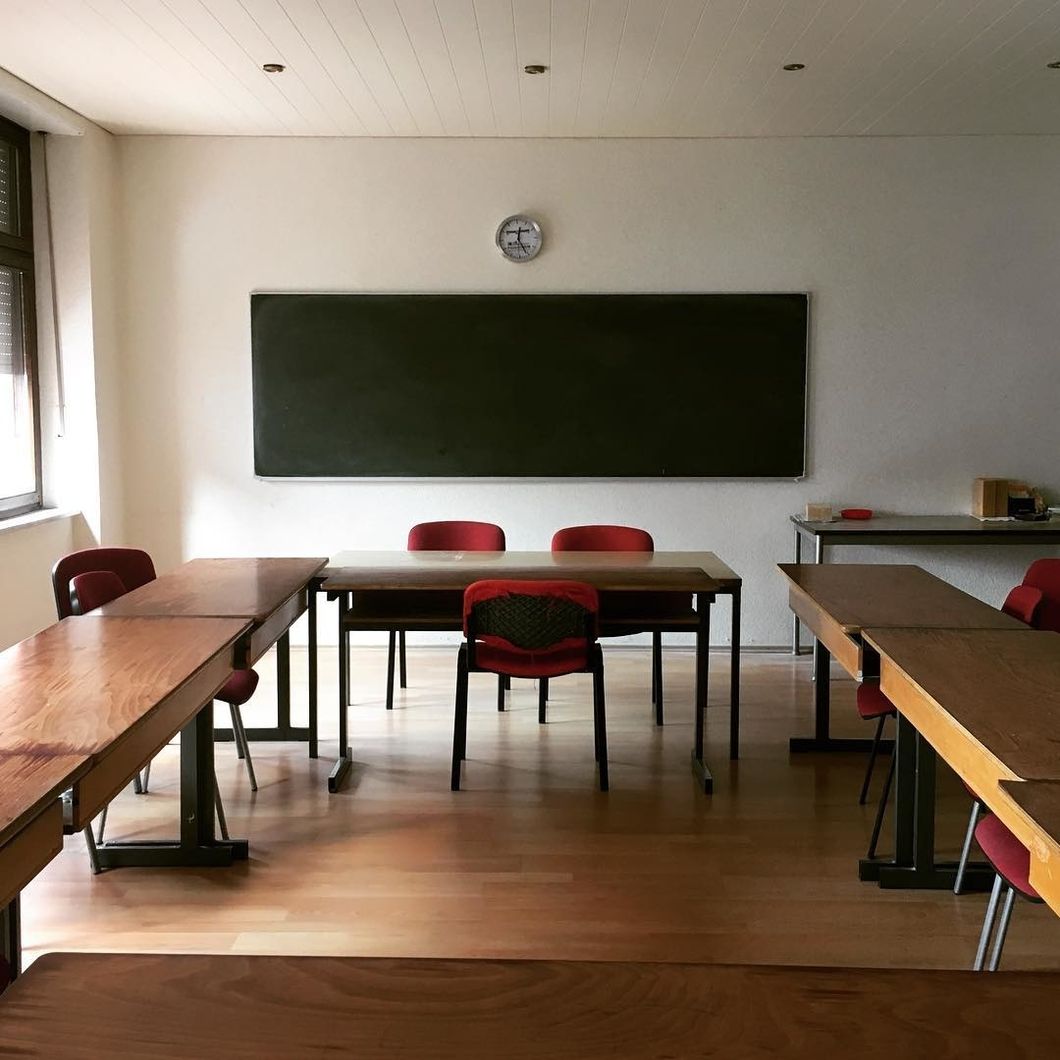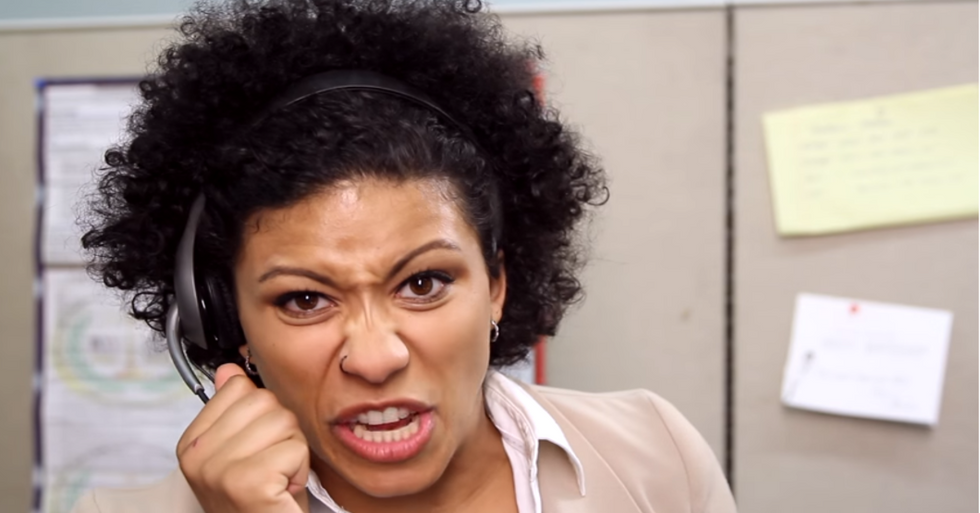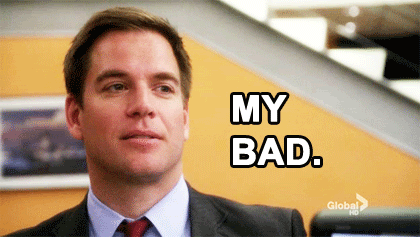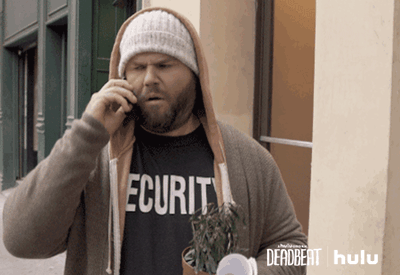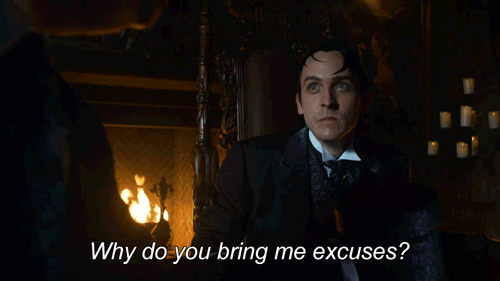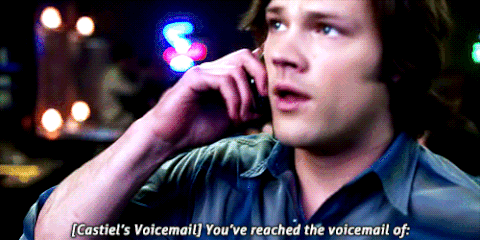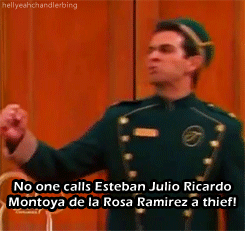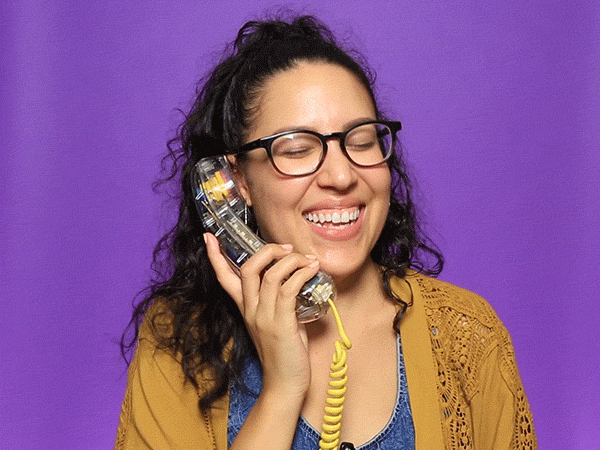As the years progress and people grow tired of traditional public education, more and more options of schooling are opening up: charter schools, virtual schools, magnet schools, Montessori schools—the list goes on. Some people see this as detrimental to traditional public education and claim that charter schools and such are taking money away from public schools, but these schools are not doing that. In fact, charter schools are public schools, and they most times receive less funding due to costs such as food, transportation, and the costs of running a traditional school building are eliminated. With these areas cut, charter schools are able to pay their teachers more generously and have higher per-pupil funding, which is increasing with their rapid enrollment. Oklahoma-based Epic Charter Schools, the virtual, one-to-one charter school I attended, is first in teacher pay and fourteenth in enrollment statewide. Having the option to go from a traditional school setting to something as innovative as Epic Charter Schools benefited me, and my graduating class of over 1000, tremendously and prepared me for college better than any brick-and-mortar school could have.
Throughout my schooling, I always went to public school. School was my absolute favorite thing. I'm the kind of person who gets extremely excited to buy school supplies and choose my classes. In elementary, I became a part of the gifted and talented program, and I never found school particularly challenging. This didn't bother me when I was younger because it seemed like there was always something to do after classwork was finished, such as coloring sheets, reading, etc. But when I got into middle school, this changed and I stopped liking school as a whole. When I would finish my work in class, there would be nothing to do and it was always too loud to read, so I was at a loss. Because of the lack of challenge for me, when I knew there would be nothing for me to do in class, or it was just going to be a day where we watched a movie, I wouldn't go to school. I did this so often that in middle school I actually failed classes that I had As in because of my attendance. The fact that I failed classes because of my absences didn't surprise me as much as the fact that I could keep As in said classes while missing so many days that they decided to fail me.
My freshman year went about the same as my middle school years—I was still missing a lot of class, and I started putting less and less effort into my work because I just didn't like school anymore. Finally, in my sophomore year after I started driving, I quit going to school altogether. I had heard of Epic Charter Schools, and I took it into my own hands to get enrolled and withdraw from my brick-and-mortar. My family wasn't too supportive of this, but I pushed for it hard enough that they finally came around.
The first semester of Epic was rough, to say the least. It was the first time in a long time that my work was challenging, and whoever says a virtual school is easy, you're completely wrong. The difficulty of virtual school doesn't even come from the subject matter; it comes from the accountability. I had a teacher, but she wasn't at my house every day telling me to do my work, so I put it off for weeks at a time. After some time, I finally found a schedule and the following semesters' virtual classes were a breeze because my time management skills had developed so much.
When my junior year came around, I was excited to start concurrent enrollment at a local community college. Through Epic, I was allowed to take as many college courses as I wanted as long as I was taking at least one class through Epic. At a typical public school, students are only allowed to take two per semester; I was taking four, sometimes five college classes while still in high school, and they were actually challenging me.I'm sure most people think that sounds expensive, but it really wasn't. In the state of Oklahoma, high school students receive a waiver for six credit hours' tuition for no cost, only fees are paid. For me, through Epic I received an additional eight-hundred dollars in a learning fund, which I applied to my tuition. I also received a tribal scholarship for my concurrent courses in exchange for completing community service hours.
Through Epic, I was able to complete 52 hours of college credit completely debt-free WHILE STILL ENROLLED IN HIGH SCHOOL! The summer after I graduated, I completed my Associate's degree at Tulsa Community College (61 credit hours), which all transferred to my current school, the University of Oklahoma where I am studying Language Arts Education to become a teacher (if you're reading this, Epic administrators, call me in 2020 when I'm certified).
Not only am I graduating college two years early, but I am also saving my future self at least 50 thousand dollars of debt.
Most importantly, though, through Epic, I regained my love for learning.
Epic high school students and traditional students alike: please take advantage of the opportunities presented to you whether it be concurrent enrollment or vocational school. After high school, you will be so glad to have some college experience before going to a four-year university or to have a certificate to move into the workforce.
As the Epic's motto says: school CAN be different.

